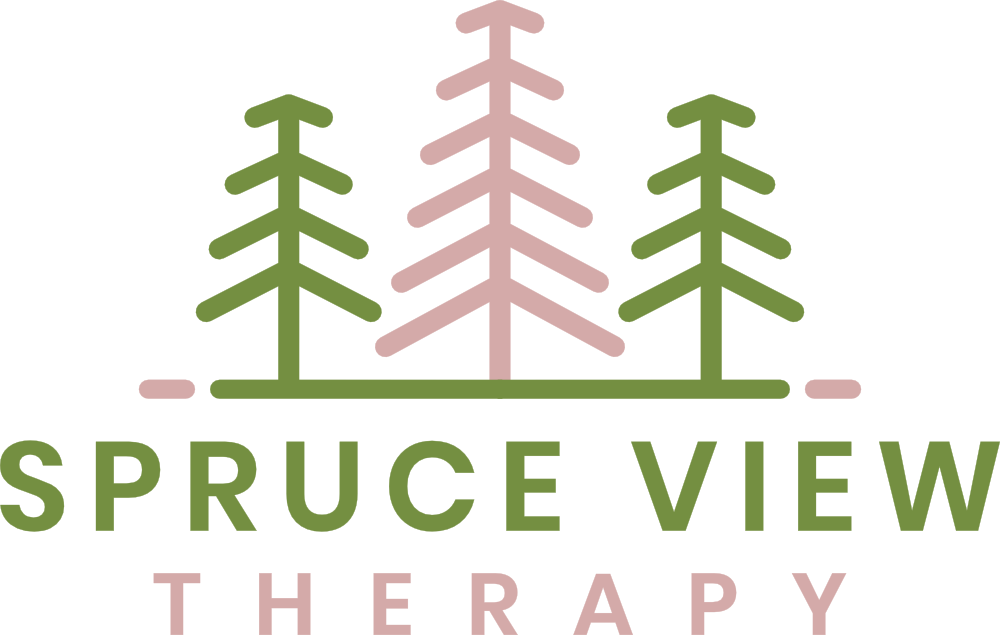9 Signs of Burnout You Might Be Overlooking
When people imagine burnout, they often picture a total collapse: staying in bed all day, missing work, letting everything pile up. But burnout doesn’t always look that way. But burnout doesn’t always look that obvious. It often sneaks in slowly and can be brushed off as “just being tired” or “going through a busy season.”
Here are some of the less obvious signs of burnout to watch for:
You’re Constantly Tired
You’re always exhausted, no matter how much sleep or rest you get. Your mind is always running. Even when you try to relax, your mind won’t shut off. This cycle is a big sign that you’re overwhelmed and burnt out.
Small Things Feel Overwhelming
Things that may be “small” or used to feel “easy” now feel like a bigger chore. Tasks like replying to an email, making dinner, or scheduling an appointment suddenly feel heavy and draining. They feel like just one more thing to do. Burnout heightens your stress response, making even small responsibilities feel like the straw that breaks the camel’s back.
Your Patience is Running Thin
Do you feel like you’re reacting to things more quickly? Irritability is often your body’s way of signaling that it can’t keep going at this pace. If you notice you’re snapping at loved ones, feeling resentful, or frustrated over minor inconveniences, it may not be “just stress.”
Your Body Is Speaking Up
Burnout doesn’t just live in your mind. It shows up physically, too: headaches, stomach issues, muscle tension, trouble sleeping, or getting sick more often. Chronic stress takes a toll on your immune system and overall health.
You’ve Lost Motivation (Even for Things You Usually Enjoy)
Activities that once energized you now feel like chores. That’s not laziness. It’s often emotional exhaustion, one of the core signs of burnout. You just don’t have the capacity for anything else.
You Feel Numb or Detached
Instead of feeling stressed all the time, sometimes burnout shows up as not feeling much at all. You might feel checked out, emotionally flat, or like you’re just running through the motions each day.
You’re Struggling with Forgetfulness or Brain Fog
Misplacing things, rereading the same email without processing it, or struggling to concentrate are all signs that burnout is affecting your memory and focus. Chronic stress makes it harder for your brain to process and retain information.
You’re Feeling More Negative or Cynical
Burnout can make the world feel heavier and more frustrating than it used to. You might catch yourself thinking, “What’s the point?” or feeling more negative about your work, relationships, or future.
You Feel Disconnected from Yourself
Do you feel like you’re just not yourself anymore? Burnout can make it hard to connect with your emotions, intuition, or even your sense of identity.
What to Do When You’re Feeling Burned Out
If these signs sound familiar, know that you’re not alone, and it doesn’t mean you’re weak. Burnout happens when your mind and body have been in survival mode for too long, and it’s time to make some changes.
Here are a few small steps you can try:
Pause and notice. Name the burnout that you’re experiencing. It’s important to recognize the stress you’re experiencing and how it’s affecting you.
Prioritize rest. Even a 5-minute break to breathe, stretch, or step outside counts.
Set boundaries. Protecting your time and energy isn’t selfish. It’s crucial.
Find support. Talking to a trusted friend, mentor, or therapist can help you recover from burnout.
Final Thoughts
Burnout doesn’t always look like crashing and burning. Sometimes, it builds up slowly and shows up in less obvious ways. The earlier you notice the signs, the sooner you can make small changes that protect your energy and wellbeing.
If you’re recognizing yourself in these signs, you don’t have to figure it out alone. Therapy can help you understand what’s fueling your burnout, learn healthier ways to cope, and create space for rest and healing. Schedule a free consultation today to see how therapy can help you.
Michaela Zoppa is a Licensed Professional Counselor (LPC) in Colorado Springs, Colorado. She supports women and teen girls navigating anxiety, perfectionism, trauma, and burnout. She uses evidence-based, trauma-informed modalities, including EMDR and Internal Family Systems (IFS) therapy.




